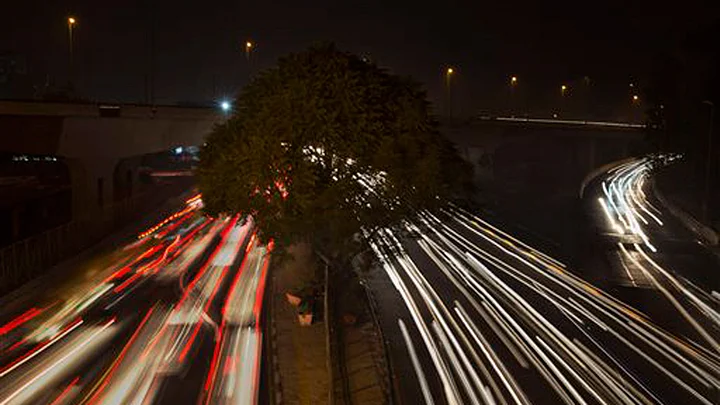Delhi’s pollution levels shot up today with most of the monitoring stations recording the city’s air quality in the ‘severe’ category, although the 24-hour average remained ‘poor’ as PM 2.5 and PM 10 were nearly three times above the safe limit.
In Beijing the alert came into effect when the US Embassy’s air pollution monitor in the city reported that the intensity of the tiny particles known as PM 2.5 was at 291 micrograms per cubic metre.
Of all the comparisons between the two Asian rivals, perhaps the most intriguing is solutions the two cities have come up with.
While the Delhi government has come up with the even/odd rule to check pollution, Beijing has come up with plans in addition to reducing the number of cars.
Factories in Beijing that make goods from cement to train cars were shut down Tuesday to help ease the Chinese capital’s pollution crisis. This did act as a boon for some businesses, boosting sales of air purifying equipment and travel to escape the haze.
Snack stands promoted sales of pear and pomegranate juices, a traditional remedy for lung problems, as the impact of traffic ripples through Beijing.
Half the cars in this city of 20 million people were ordered off the streets. Facilities in cement, petrochemicals and other industries were told to close or reduce operations after pollution soared to many times safe levels.
City inspectors set up 650 video cameras to watch construction sites and confirm they obey dust-control rules, the statement said.
Travel companies saw an uptick in demand as some residents left Beijing on “smog holidays.” Ctrip.com, an online travel service, has seen a 20 percent rise in sales of packages marketed under a “Skip the Smog” label to people in Beijing, according to a company spokesman, Shi Kaifeng.
Mr Fruit, a fruit juice stand in the lobby of a Beijing office building, offered 12 percent off pear and pomegranate juice, which traditional Chinese medicine says can moisten the lungs and reduce phlegm. Sales of these juices have increased 30 percent in the past two days.
At Ele.me, an online food delivery company, anti-smog face masks passed spicy chicken burgers as the product requested most by customers in Beijing, said a company spokesman, Zou Yang. He said the company sold 40 percent more masks than chicken burgers on Tuesday and the number was up eight times compared with the previous week.
Those who stayed in Beijing also bought air purifying machines. Sales of purifiers made by Xiaomi, a prominent smartphone brand, soared to 422 on Monday from 120 on Sunday.
(At The Quint, we question everything. Play an active role in shaping our journalism by becoming a member today.)
